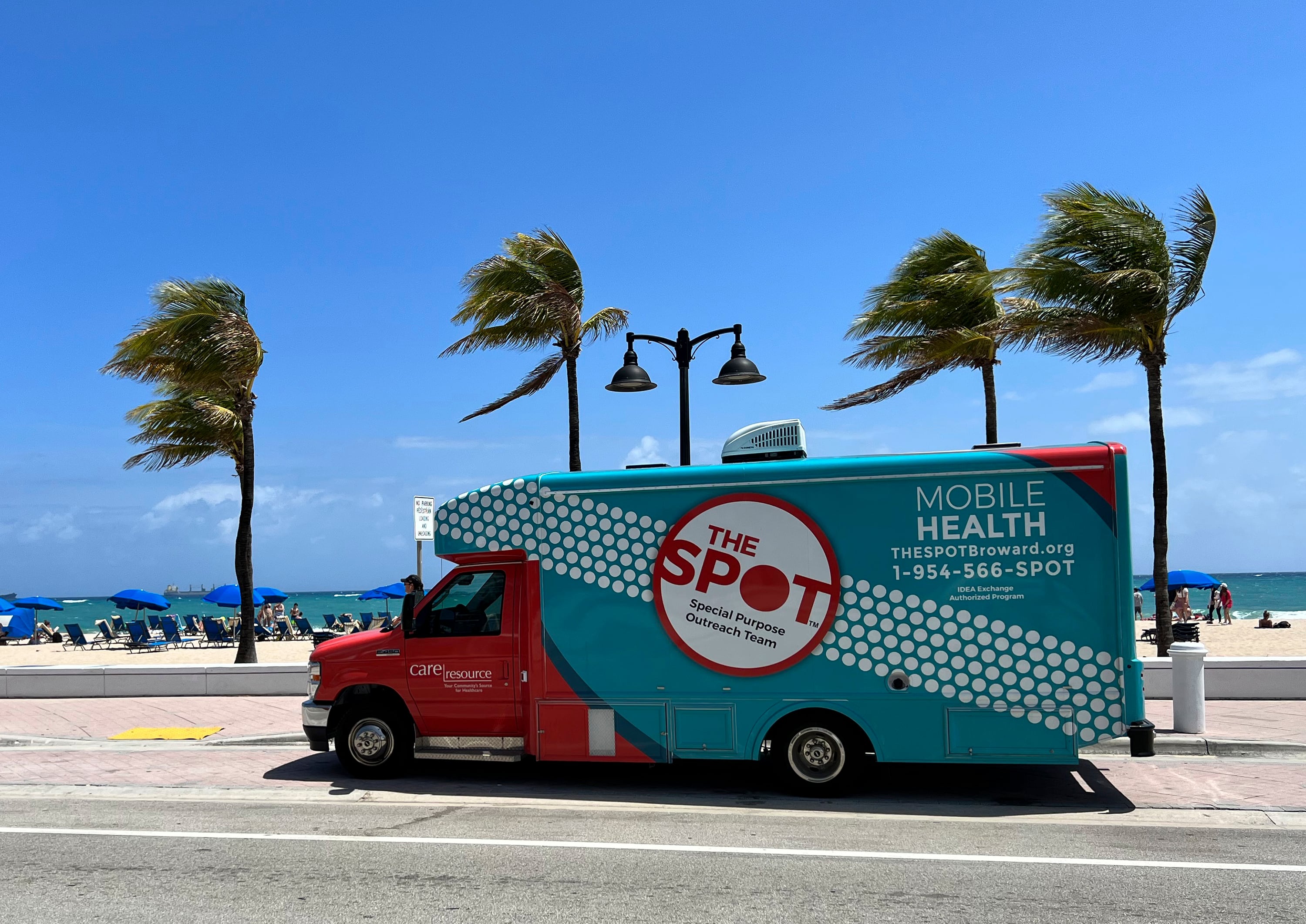A Florida man from Lauderhill was indicted this week on federal drug charges after dealing to a group of West Point cadets fentanyl-laced cocaine in March, causing at least four to overdose.
Axel Giovany “Gee” Casseus, 21, was indicted May 5 on two counts of distribution of a controlled substance after allegedly selling fentanyl-laced cocaine to six spring breakers March 10 and to an undercover cop March 11, court documents show.
If convicted, Casseus faces a minimum of 20 years imprisonment for the first drug charge that resulted in the overdoses and a maximum of life in prison. He also faces a maximum of 20 years for the second charge and up to a $1 million fine per charge, according to the indictment.
West Point spokesperson Cheryl Boujnida declined to answer questions regarding what disciplinary actions the cadets are facing when reached for comment.
“Currently, we do not have any additional information to provide as the incident is still under investigation,” Boujnida said.
Following a 2021 cheating scandal that rocked West Point and the Army at large, the U.S. Military Academy got rid of a program that gave cadets who violated the school’s honor code a second chance, and is not expected to respond kindly to the cadets involved.
“The tenets of honorable living remain immutable, and the outcomes of our leader development system remain the same, to graduate Army officers that live honorably, lead honorably and demonstrate excellence,” Lt. Gen. Darryl A. Williams said in a 2021 statement regarding the academy’s decision to revoke the 2015 program.
“West Point must be the gold standard for developing Army officers. We demand nothing less than impeccable character from our graduates.”
It’s unclear from court documents whether the cadets or the other spring breakers involved bought the drugs from Casseus, but on March 9, two of the cadets — who would later be put on ventilators following their overdoses — met with Casseus at Fort Lauderdale beach.
Casseus allegedly gave them his number, which was subsequently saved as “Gee fort Lauderdale plug.” The college student communicated with Casseus until the next afternoon around 4:30 p.m., court documents show. The deal was allegedly completed sometime around then outside the Wilton Manors home the group had rented.
According to court documents, the spring breakers then laid out seven lines of cocaine and ingested them, with at least two of the partiers immediately going into cardiac arrest.
All six had to be hospitalized.
An alleged accomplice to Casseus was referred to in court documents as “Vontae,” but no official charges have been brought against anyone else and court records fail to fully identify the other suspect.
However, court records do show, according to data pulled from “Vontae’s” cellphone and Casseus’s ankle monitor that he was wearing at the time for an unrelated charge, that the two were together outside of the rental home at the time of the deal.
Despite changing his story multiple times, Casseus has also admitted to selling cocaine to the undercover officer and that he was in Wilton Manors on March 10. Court documents show that he also denied having made any money from the deal that led to the six overdoses.
Casseus was arrested March 11 after selling almost 44 grams of cocaine to the undercover officer and was denied pre-trial release May 6, citing his previous record with drugs and the “near-death overdose of two victims,” court records stated.
Casseus’ trial is scheduled for June 6.
This is not the first time in recent months that fentanyl-laced drugs taken by military members have reached headlines, with two Marines and three California civilians having been charged in April with the 2020 overdose death of a Camp Pendleton, California, infantry Marine.
The 20-year-old 3rd Battalion, 1st Marine Division, Marine unknowingly took oxycodone pills laced with fentanyl, ultimately overdosing in his barracks. Two of the five people charged after the incident have pled guilty and are awaiting sentencing while the other defendants still await trial.
According to the Centers for Disease Control and Prevention, fentanyl is a synthetic opioid that is up to 50 times stronger than heroin and 100 times as strong as morphine. The drug was responsible for more than 100,000 overdose deaths in America between April 2020 and April 2021.
Rachel is a Marine Corps veteran and a master's candidate at New York University's Business & Economic Reporting program.




